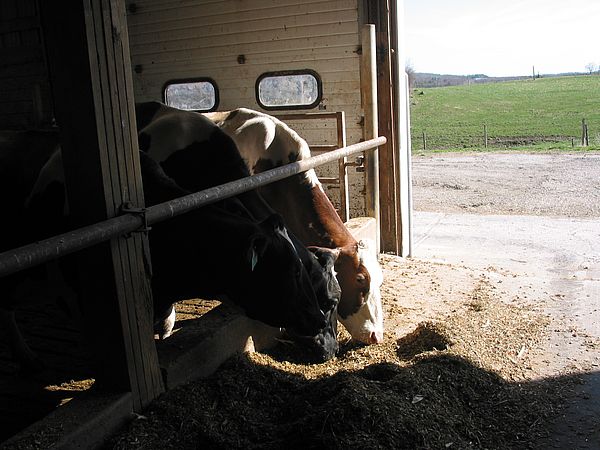LCC joined a coalition of environmental groups to submit comments on draft Required Agricultural Practices (RAPs) proposed by the Vermont Agency of Agriculture and Farm Markets (AAFM). The RAPs are meant to strengthen and replace the Accepted Agricultural Practices (AAPs) which were first instituted in 1995. Though AAPs were mandatory on all farms, awareness of them was limited. LCC and others lobbied strenuously that agricultural controls needed to be strengthened. The name change and call for improvements comes out of the passage of Act 64 during the last legislative session.
The RAPs regulate certification and definition of small farms, nutrient management in fields, buffer zones along streams and ditches, livestock access to waterways, manure storage and application, allowable soil erosion levels, disposal of animal carcasses, and certification of custom manure applicators.
The comments stressed that for the state to comply with state and federal water quality laws, Vermont must implement widespread agricultural reform. They included compliance strategies, offered a vision of sustainable agricultural, and provided detailed input on the proposal put forth by AAFM. The groups called for the RAPs to provide greater strength and specificity including science-based justifications that they are sufficiently stringent to meet water quality goals. Other groups that signed on to the letter were the Connecticut River Watershed Council, Conservation Law Foundation, Lewis Creek Association, Sierra Club Vermont Chapter, Vermont Conservation Voters, and Vermont Natural Resources Council. Contact LCC Executive Director Lori Fisher for a copy of the comments.
AAFM chose to release their draft RAPs prior to sending a formal rule to the legislature for approval. The Agency held a series of meetings around the state to seek input on the proposal and plan to have the draft finalized in January. It is likely that by the next growing season, Vermont farms will be operating under a new set of rules.
